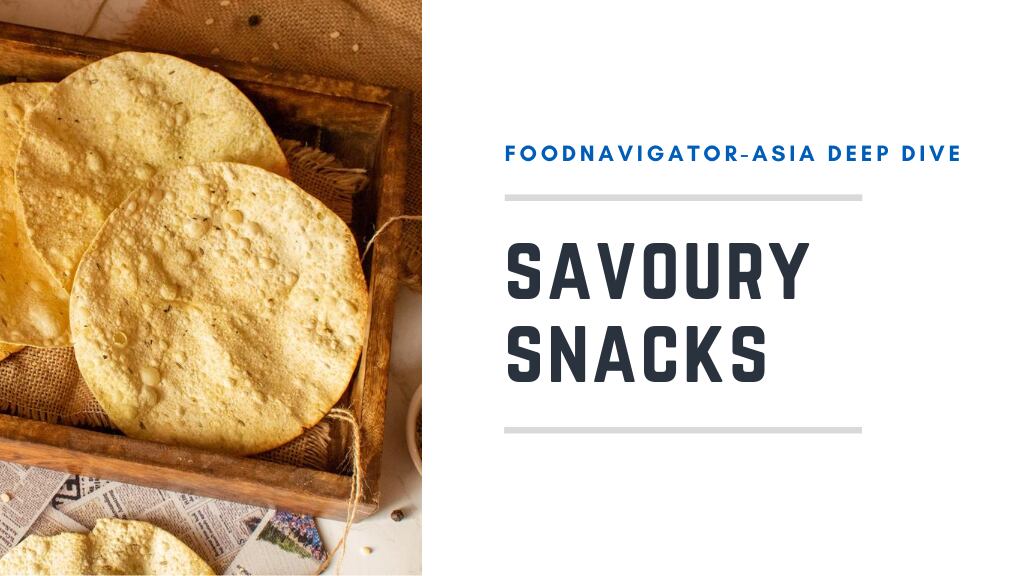The study was conducted by the Pakistan Council for Scientific and Industrial Research, where the researchers analysed national trade data, published local TFA research papers over the past 20 years, as well as the food product labels of local food and beverage products covering fats and oils products and industrially-produced foods.
Within the fats and oils products category, it was found that just about every product examined contained TFA, demonstrating its prevalence in the local food supply and offering a possible explanation to why Pakistan currently has the second-highest per capita consumption of TFA in the Eastern Mediterranean region behind Egypt.
“Vanaspati ghee (partially hydrogenated vegetable oil), bakery shortening, hard margarines, and fat spreads are the major sources of TFAs [in Pakistan],” said the report authors.
“Amongst these, margarines were found to contain some of the highest TFA content in terms of percentage, topping the list at first (34.8%), third (32.6%) and fifth (30.3%) even though just 11 samples of margarine were examined.”
Second place on the list fell to a ghee product (33.03%) and fourth to an industrial bakery shortening (31.7%)
The high levels of TFA in these products were attributed to the rise of hydrogenated vegetable fats to have become an ‘integral part of Pakistanis’ daily diets’ over the years, which was in turn attributed to cost.
“[There has been] a paradigm shift of fat consumption patterns in Pakistan from [the more] costly dairy‐based desi ghee, to the partially hydrogenated Vanaspati vegetable ghee [which is a lot cheaper] over the decades,” said the authors.
“This has now become an integral part of the daily diet of the population [as] industrial evolution [has led to] vegetable fats having similar quality attributes to Desi ghee [despite lower cost].”
“[A] high intake of indigenous fried foodstuff and commercial bakery products with fats rich in TFA as an ingredient [have also been identified as] the other factors responsible for high TFA intake in Pakistan.”
The latter was confirmed by findings from the examination of TFA prevalence in industrially produced foods ranging from bakery products to breakfast cereals and potato chips, where again TFA was found in just about every type of food.
“TFA in biscuits ranged from 9.3% to 34.9%, breakfast cereals had 14.4% to 16.3%, and potato chips had up to 26% of TFA content,” said the authors.
“Traditional local breakfast and snack foods also fared poorly – doughnuts had 38.7% of TFA, poori had 18.5%, cakes had 12% and paratha flatbreads had 11%. The lowest found TFA value was in puff pastry at 6.2%, which demonstrates that traditional Pakistani diets carry high levels of TFA.”
Labelling concerns
To make matters worse, these high TFA levels were found to often not be reflected on food product labels, making the consumer unable to make informed choices about their purchases.
“If the TFA value calculated or analysed in a product on per serving basis is below 0.5%, it never appears on labels in Pakistani products [other than] in imported products or products produced by multinational manufacturers,” said the authors.
The researchers called for better regulatory mechanisms to be put in place in order to prevent the situation from worsening further.
“[It was also found] that in baked products where TFA-rich margarine is being used in industry, TFA values were reported as zero, [which] can be considered as misreporting by the manufacturer,” they said.
“[There have been] proposals to bring TFA levels on par with WHO guidelines by year 2023 [but at present] national standards as specified by the Pakistan Standard and Quality Control Authority (PSQCA) only mention a production and import limit of less than 5%.”
Based on the study findings, even this 5% limit is clearly not being adhered to, and more stringent regulatory measures may well be the only way to get TFA levels down.
“National and provincial food standards [need to] be reviewed, amended and harmonised, whereas food labelling laws need to be amended so that [the consumer has access to] clear information to choose healthy foods – so Front-of-pack nutrition and labelling for dietary risk factors is required.
“[However], TFA prevalence is an indigenous problem for Pakistan [which needs to be resolved], and in order to eliminate TFA from food chain, a comprehensive national strategy is very much needed.”
Pushback faced by food authorities
That said, even provincial authorities with this awareness and willingness to act are facing pushback, particularly from the food industry and even the national government – a case in point the Punjab Food Authority (PFA), which attempted to issue a ban on Vanaspati earlier this year.
The ban was met with an ‘overthrowing’ by the national government ministry Council of Common interests (CCI) which convenes on decisions that affect all four Pakistani provinces, and attempted to force PFA to adopt PSQCA standards with no ban instead.
So far PFA has not retracted the ban but not moved forward with enforcement, and will be debating this further with the Pakistan Vanaspati Manufacturing Association ‘after the COVID-19 pandemic is over’, according to The News Pakistan.
Study: Understanding the complexities of prevalence of trans fat and its control in food supply in Pakistan
Source: The Journal of Clinical Hypertension
Authors: Tarar, O. M. et. al.





